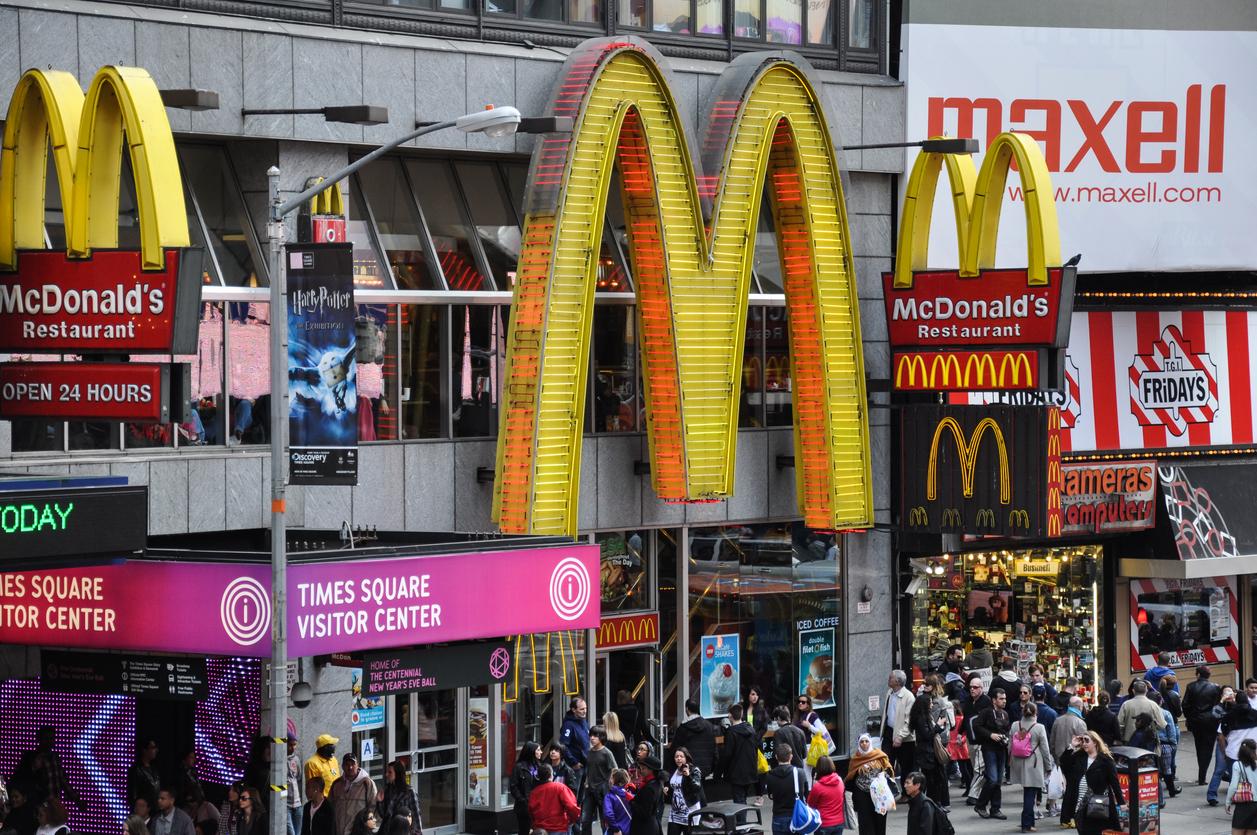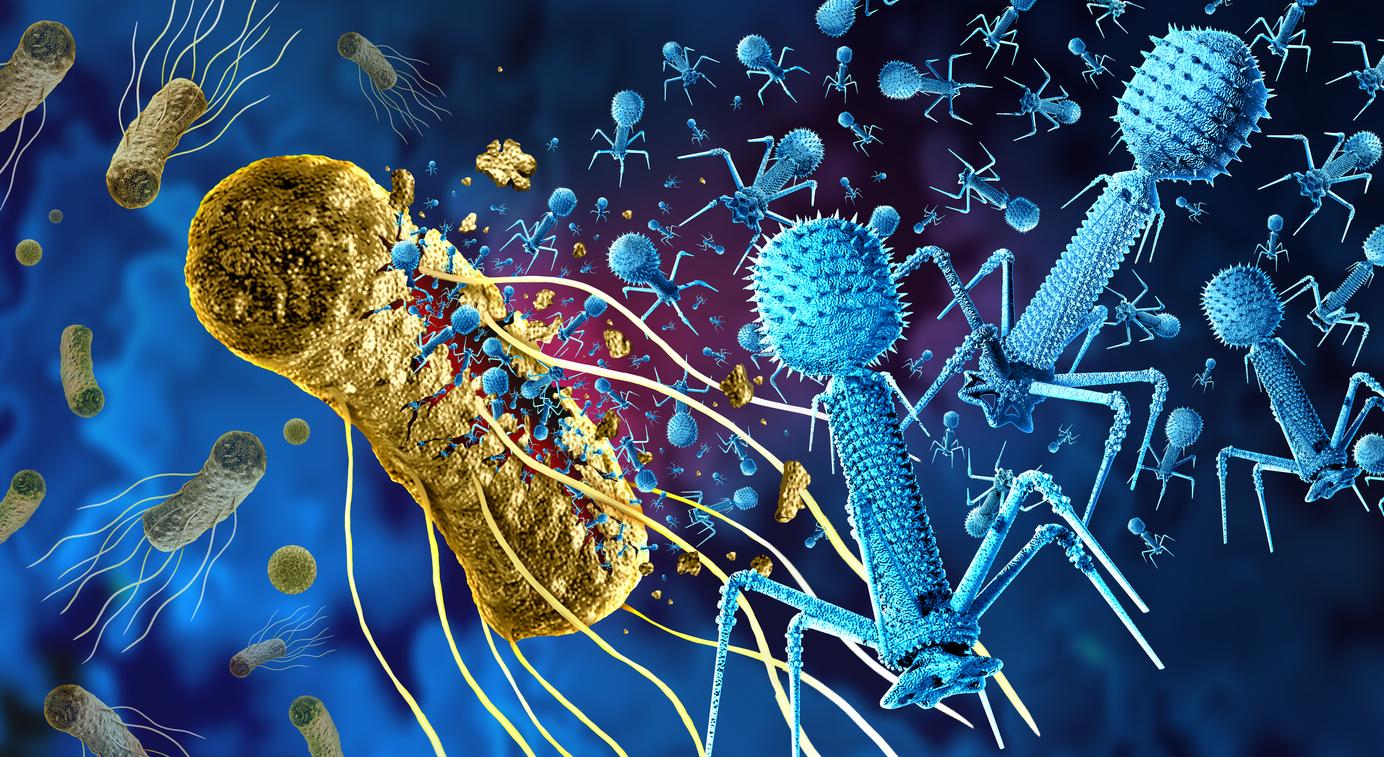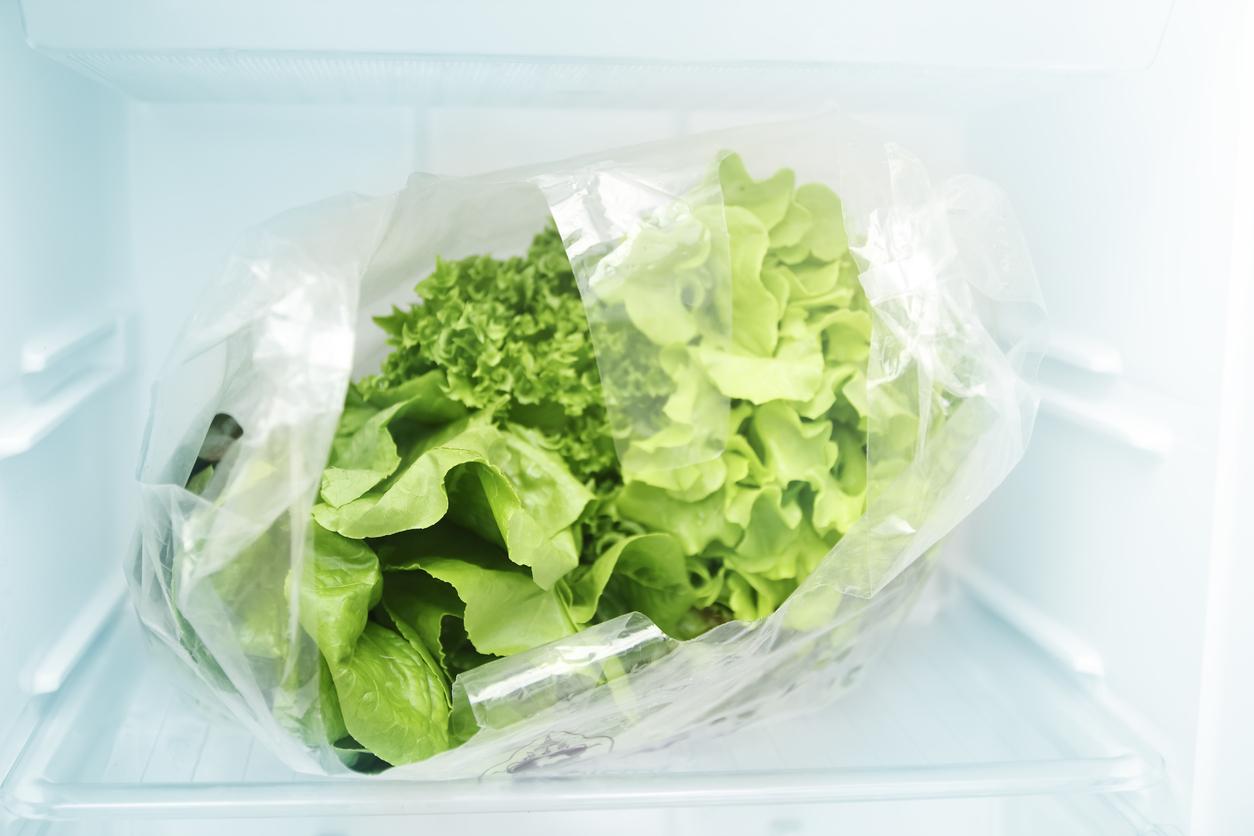75 people in the United States were infected with Escherichia coli bacteria following a meal at the McDonald’s fast-food chain.

- At least 75 people in 13 states have been infected after eating at a McDonald’s restaurant.
- These infections are linked to a deadly strain of E. coli.
- Yet McDonald’s said the burgers were cooked to 175 degrees, a temperature higher than the 160 degrees normally needed to kill E. coli bacteria.
75 is the number of people sickened in the United States following a meal at McDonald’s. In question: Escherichia coli (E. coli), a bacteria of which certain strains can be pathogenic for humans, including so-called enterohemorrhagic E. coli (ECEH), according to the Pasteur Institute.
Escherichia coli: one death and 22 hospitalizations in the USA
There BBC reports Centers for Disease Control and Prevention (CDC) figures: At least 75 people in 13 states have been infected after eating McDonald’s Quarter Pounders suspected of being contaminated with a deadly strain of E. coli. Among them, 22 were hospitalized and one elderly person died.
The first case was reported on September 27, but according to McDonald’s, the company was only informed of it late last week. For the moment, the presumed source of the epidemic is linked to the consumption of hamburgers called Quarter Pounders and in particular, among the main avenues, the fresh onions which compose it.
This week, McDonald’s therefore “preventatively” removed Quarter Pounders from its menu and stopped the use of the fresh onions in question. These vegetables all came from the same supplier, Taylor Farms, based in California. The latter also, in anticipation, recalled several batches of onions from its various customers even though internal tests had not shown “no trace of E. coli”. According to the BCCthe fast-food company ensured that the burgers were cooked to 175 degrees, a temperature higher than the 160 degrees normally needed to kill E. coli bacteria.
The FDA, for its part, clarified that no cases outside the United States have been reported to it.

Enterohemorrhagic E.Coli: around 160 severe infections per year in France
An infection with a strain of E. coli like ECEH, results in diarrhea ranging from benign to hemorrhagic, depending on the National Agency for Food, Environmental and Occupational Health Safety (Anses).
Typically, symptoms begin three to four days after being infected with the bacteria. Diarrhea is sometimes accompanied by fever and vomiting. For the most serious cases, the infection can progress to a hemolytic uremic syndrome (HUS) and become fatal. The people most at risk of developing this severe form are young children and the elderly.
If the epidemic occurring in the USA points the finger at onions for the moment, the main foods most frequently implicated in cases of EHEC infections are undercooked ground beef, unpasteurized dairy products (raw milk and raw milk cheeses), raw plants (salad, young shoots, sprouted seeds), unpasteurized fruit or vegetable juices or even contaminated drinking water.
Each year, there are on average around 160 severe EHEC infections in France. ANSES specifies his website that ten epidemics of EHEC infections were detected and investigated between 2005 and 2020. In addition, contaminated frozen pizzas were also the cause of 56 cases (55 children and one adult) identified between January and April 2022.
















